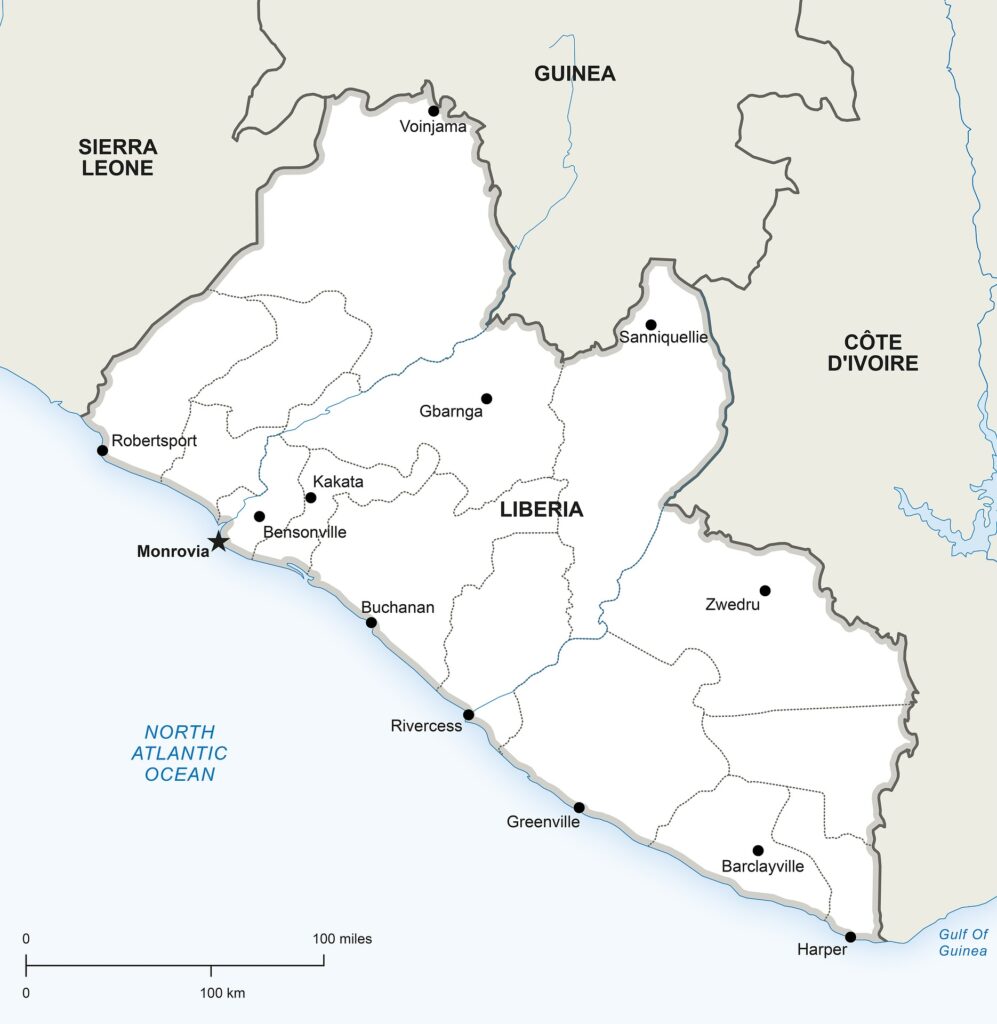The antebellum period refers to the years after the War of 1812 and before the Civil War. The era was marked by the development of separate northern and southern economies, westward expansion of the nation, and a spirt of reform. During this time, some black people were considered free, but this freedom was not freedom as would be expected in a free society.
Free black people during this time were quite outspoken about the injustice of slavery. Their ability to express themselves was determined by whether they lived in the North or South. Free Southern black people continued to live under the shadow of slavery. They were unable to travel or assemble as freely as those in the North. It was also more difficult for them to organize and sustain schools, churches, or fraternal orders such as the Masons.
Black people living in the North had more freedom than those living in the South but there were limitations. Living in the North did not prevent black people from discrimination. Even so, they were active participants in American society. Black men enlisted in the military and fought in the American Revolution War of 1812. Others owned land, businesses, homes, and paid taxes. In some cities, black property owners voted. They could not use the same facilities as white people and they were barred from some occupations. A small number of free black people owned slaves. The difference was the enslaved people they purchased were relatives, were not treated as slaves, and they were later manumitted.
Free black people were engaged in achieving freedom for others. This was a dangerous undertaking. Enslaved people and white sympathizers planned secret flight strategies and escape routes to freedom. Free black people founded churches which became the hub of economic, intellectual, and social engagements and planning.
There were many conferences held by free black people. This was the beginning of a trend in the struggle to abolish slavery. Education, temperance, moral reform, equal rights, economy, self-help, and the quest for unity were concerns of this period. Everyone was not on board. Some black people opposed separate conventions out of fear that separation from white abolitionists would undermine the fight against slavery. Abolitionists were not convinced that black people were prepared to assume the lead. Proslavery groups opposed meetings of black people because they feared revolutionary activity which might result in the overthrow of their “peculiar institution.” As a result, the National Convention Movement was born, bred, and developed.
On December 21, 1816, the American Colonization Society was formed. This was the spark which forced free black people to organize as a group. The Society’s motives were interpreted by black people as a conspiracy to rid America of free black people. This organization was founded by Robert Finley and encouraged and supported the migration of freeborn black people and emancipated enslaved people to Africa. This society believed free black people could not integrate into U.S. society. Slave-owners feared free black people might help their slaves escape or rebel. Many white Americans believed black people were an inferior race and should be relocated to a place where they could live in peace, not encounter prejudice, and become citizens.
The first response to this racist society was held in Richmond on January 24, 1817. Six months later, a meeting was called in Philadelphia. They charged the American Colonization Society had issued false and damaging propaganda against the free black population. This meeting urged black people to counterattack the Society. Protest meetings were held throughout the country.
Many black people free and enslaved, were pressured to leave the country of their birth. Some enslaver’s freed enslaved people on the condition they leave the country immediately. Between 1821-1847, only a few thousand black people, out of millions, emigrated to what would become Liberia.
By 1830, free black people lived in such hostile conditions that many thought that organized activity was the only way to better their conditions. Black laws enacted in the Northern states prevented them from gaining employment and providing for their families. The covert aim of these laws was the expulsion of the free population from localities controlled by those interested in preserving slavery. Some leaders of the black community felt emigration to Canada was an option for a better life. The possibility of a mass emigration called for a convention. The American Society of Free Persons of Colour, for Improving their Condition in the United States; for Purchasing Lands; and for the Establishment of a Settlement in Upper Canada-the First National Negro Convention-met on September 20, 1830. Richard Allen was elected president.
Francie Mae. December 27, 2022.
References
American Colonization Society. Wikipedia. Web. Accessed December 21, 2022.
Porter, Dorothy.1995. Early Negro Writing, 1760-1837.Baltimore. Black Classic Press.
The African American Odyssey: A Quest for Full Citizenship. Free Blacks in the Antebellum Period. Library of Congress. Web. Accessed December 22, 2022.

Thx